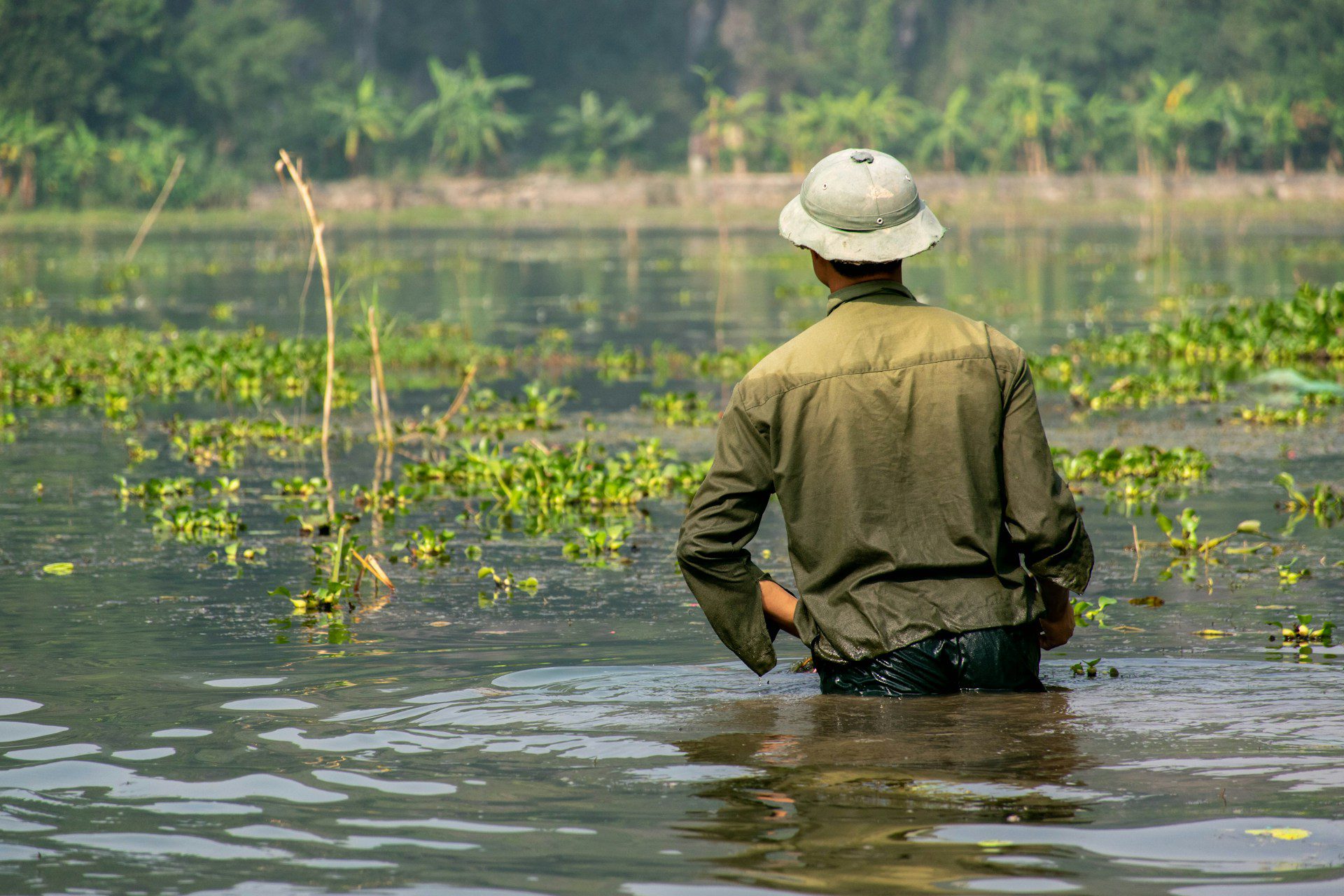
Vulnerable nations demand funding for climate losses, fearing UN ‘talk shop’
Developing countries are losing wealth as they are hit by extreme weather and rising seas, says V20, amid calls for a new fund to direct money to repair the damage fast
- Tussle over loss and damage at Bonn climate talks
- Rising costs of climate disasters, unmet funding appeals
- Vulnerable nations press for new finance
BARCELONA/KUALA LUMPUR, June 8 (Thomson Reuters Foundation) – The surging costs of climate change-driven destruction have made vulnerable nations poorer by about one-fifth, 55 such countries said on Wednesday, as fears grow that U.N. discussions on money for states to repair and avoid harm could become a “talk shop”.
“Loss and damage” caused by more extreme weather and rising seas is a key issue at mid-year U.N. climate talks in the German city of Bonn, as negotiators launched a three-year dialogue this week on a topic that has long divided rich and poorer economies.
The “Glasgow Dialogue” emerged after a push for a new loss-and-damage fund for vulnerable countries floundered at the U.N. COP26 summit in Scotland last year due to resistance from donors including the United States and some European governments.
But small island states and other countries that are already bearing the brunt of a warming world – from more powerful storms in Madagascar to disappearing islets in the Marshall Islands – urged wealthy governments not to hold back progress in Bonn.
“We ask in particular that we do not just have another talk shop on finance for addressing climate impacts,” said Ralph Regenvanu, a parliamentarian from Vanuatu, a Pacific island nation grappling with frequent cyclones and rising seas.
If the dialogue does not result in real action on getting money moving to the most vulnerable people, it “will fail”, the opposition leader warned ahead of the June 6-16 climate talks.
The Bonn conference got off to a tense start this week, as developing and advanced economies tussled over whether and how to include the “Glasgow Dialogue” on the official U.N. agenda.
Green groups fear push-back on that signals a lack of commitment by donor countries to provide new funding.
Harjeet Singh, a senior advisor with Climate Action Network International, which represents more than 1,500 civil society groups, said the dialogue should set up a financing facility at a U.N. summit this November and start to deliver money in 2024.
“We do not want three years of only talking which doesn’t lead to any action or any real help to people on the ground who are suffering right now,” he told journalists on Tuesday.
